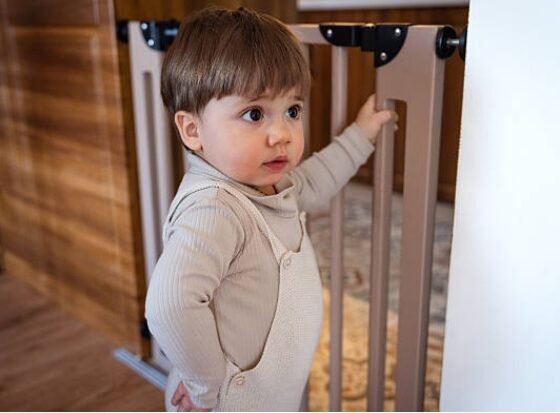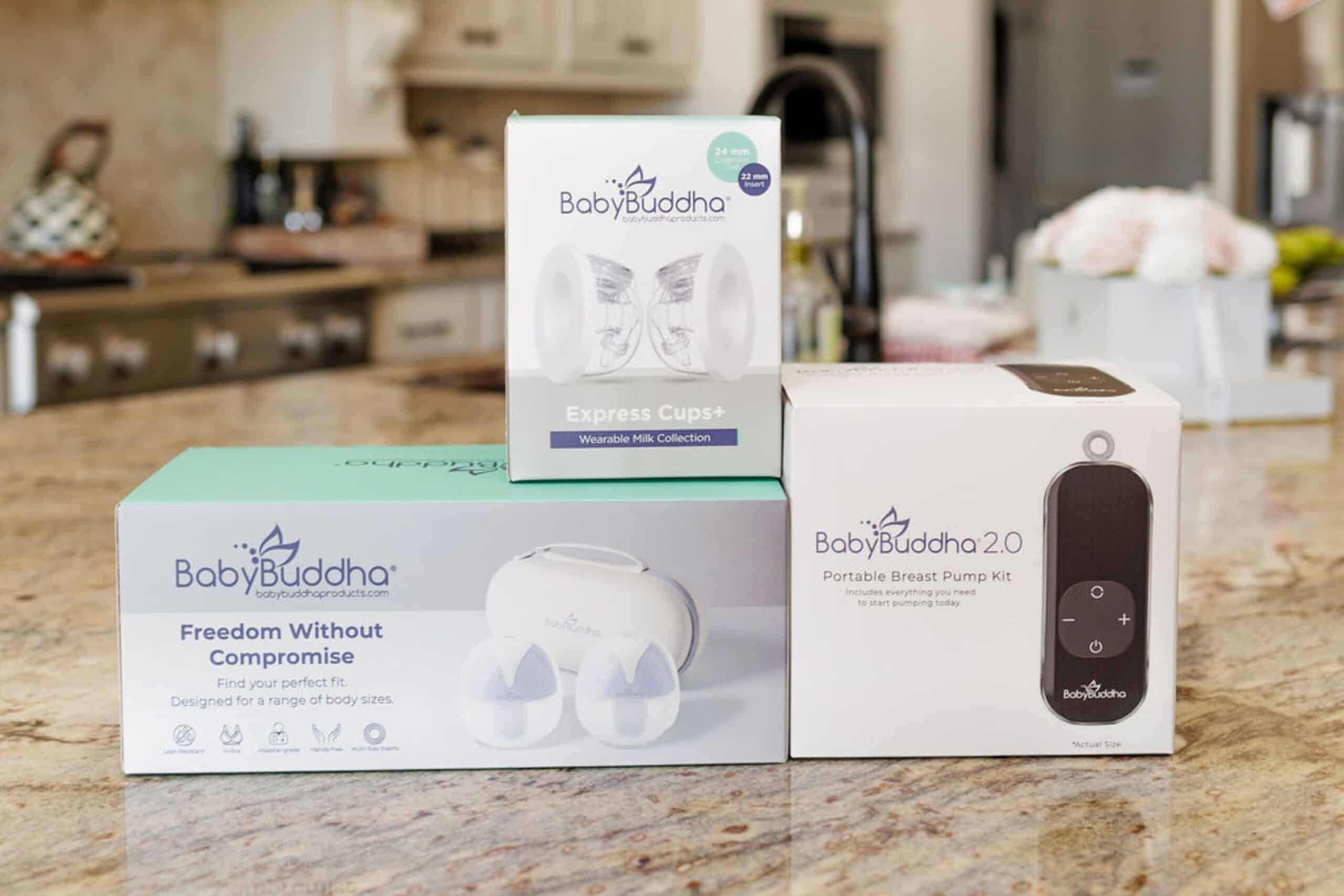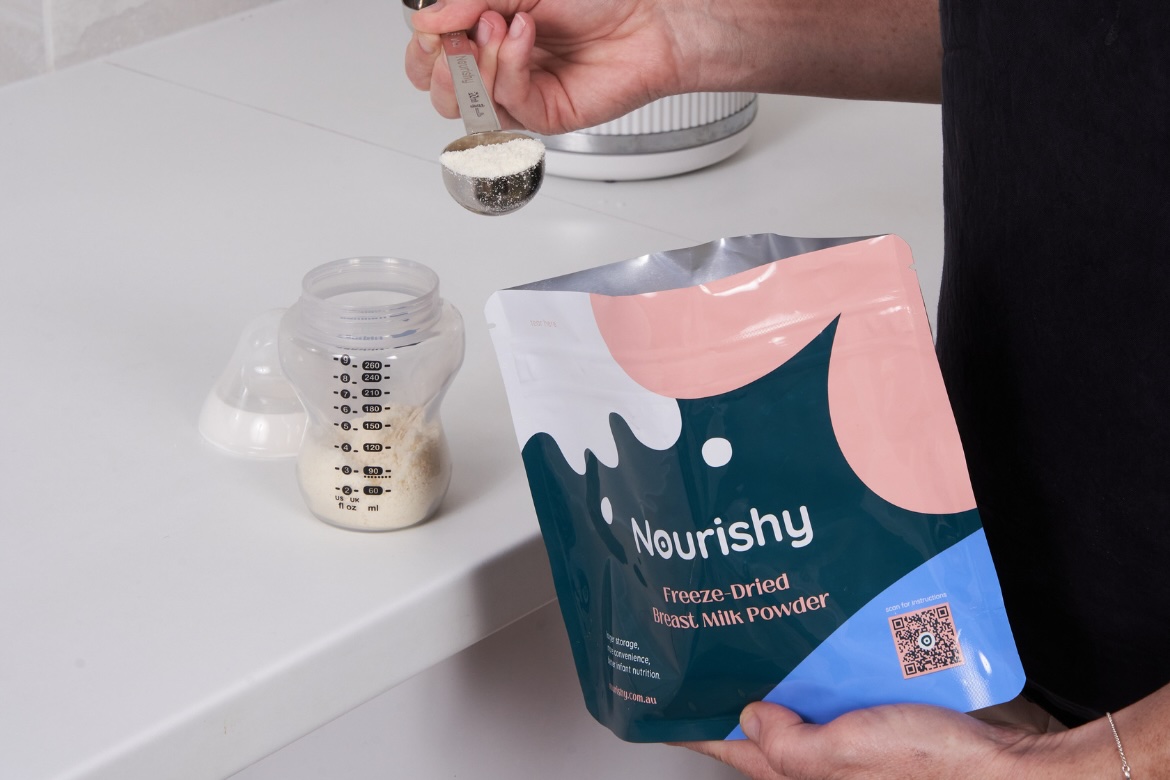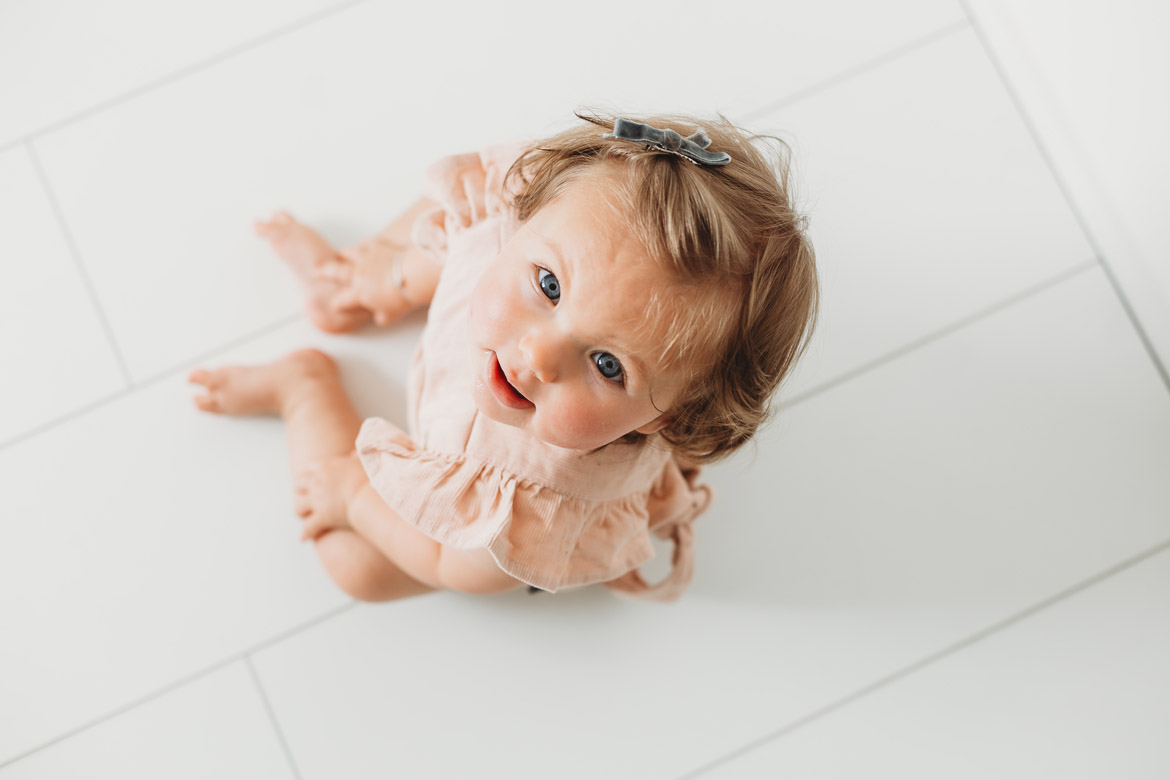Newborn Sleep Advice from Pediatricians: Expert Tips for Exhausted Parents. If you’re reading this at 2 a.m. with a baby on your chest, spit-up on your shirt, and your eyelids doing a slow dance, I see you. I’ve been there. Those early weeks with a newborn can feel like one long, blurry night with brief coffee breaks. The good news? Pediatricians have some solid advice that can help both you and your baby get a little more shut-eye.
Let’s walk through it together—diaper bag in one hand, coffee in the other.
Understanding Newborn Sleep Patterns
Here’s the truth: newborns don’t sleep like the rest of us. They’re not broken—they’re just brand new.
Most newborns sleep about 14 to 17 hours a day, but not in one go. Instead, they snooze in short bursts—think 2 to 4 hours at a time—because their little tummies need to eat often. Their sleep cycles are shorter too, with way more time spent in REM (a.k.a. the dream zone), which helps their brains grow.
So if your baby wakes up a lot, even at night—yep, totally normal. Exhausting? For sure. But normal.

What Pediatricians Say About Safe Sleep for Babies
When it comes to sleep, safety matters just as much as quantity. Pediatricians follow guidelines from the American Academy of Pediatrics (AAP), and their mantra is easy to remember:
The ABCs of Safe Sleep:
Alone
On their Back
In a Crib (or bassinet)
That means no pillows, stuffed animals, bumpers, or cozy blankets. Your baby’s sleep space should be firm and flat, with just a fitted sheet. And while it might feel more comforting to co-sleep in bed, pediatricians strongly recommend room-sharing instead—at least for the first 6–12 months.
Think of it this way: a minimalist sleep setup isn’t just trendy—it’s safe.
How to Tell When Your Newborn Is Ready to Sleep
Wouldn’t it be amazing if your baby came with a “Sleepy Now” light? Instead, we get tiny signals. Here are some signs your baby’s ready to snooze:
Rubbing their eyes
Turning away from light or stimulation
Yawning or becoming fussy
The trick is to catch them before they get overtired. Once they hit that wall, they’re like little gremlins—wired and wild. Try putting your baby down drowsy but awake so they can learn to fall asleep on their own (with time and practice, of course!).
Should You Sleep Train a Newborn? What the Experts Say
Short answer? Not yet.
Most pediatricians agree that sleep training (think: Cry It Out or Ferber) should wait until your baby is at least 4–6 months old. Before that, babies need comfort, closeness, and regular feedings.
Instead of training, focus on gentle sleep habits:
Keep things calm and consistent at bedtime.
Follow a simple routine—bath, bottle, book, bed.
Use soft lighting and a soothing voice to signal “it’s time to wind down.”
It’s not about forcing a schedule. It’s about building trust and rhythm.
Creating a Sleep-Friendly Environment for Your Baby
Imagine being inside a cozy cocoon. That’s the vibe your newborn loves—because that’s what the womb was like.
Here’s how to mimic it:
Keep the room dim at night and bright during the day.
Use white noise (think shushing, not lullabies).
Try swaddling (safely, with arms in or out depending on your baby’s age and preference).
Also, keep the room comfortably cool—between 68–72°F (20–22°C) is ideal. Overheating can be dangerous and mess with sleep quality.

Feeding and Sleep: How They’re Connected
This one’s huge. Newborns eat around the clock, especially in the first few weeks. And yes, it directly affects sleep.
Some things to keep in mind:
Cluster feeding in the evenings is common—it’s like baby’s version of stocking up.
Try a dream feed around 10–11 p.m. to stretch that first sleep chunk.
Babies who are full sleep more soundly, so don’t skip feeds in hopes of more sleep.
Feeding and sleeping are dance partners—one influences the other. Be patient as they learn the steps.
How Parents Can Get More Sleep Too
This part’s for you. Because let’s be honest: if you’re running on crumbs and caffeine, you won’t be able to show up fully for your baby or yourself.
Here’s what helped me:
Take shifts with your partner if you can.
Nap when the baby naps (yes, seriously).
Don’t be afraid to say, “I need help.” That’s brave, not weak.
Your rest matters. You don’t have to be a superhero. You just have to be a human doing your best.
When to Talk to Your Pediatrician About Sleep Issues
Not sure if what your baby’s doing is normal? That’s what pediatricians are for.
Reach out if:
Your baby sleeps excessively and barely wakes to eat
They’re super fussy, gassy, or spit up often
You’re seeing signs of reflux, choking, or abnormal breathing
Never feel silly for asking questions. Pediatricians want to help—not judge.
Final Thoughts: This Too Shall Snooze
Newborn sleep can feel like a riddle wrapped in a mystery… wrapped in a swaddle. But with patience, a little knowledge, and the occasional cry in the shower, you’ll get through it. One night, you’ll wake up and realize your baby actually slept a stretch—and so did you.
So hang in there, tired warrior. The nights are long, but the snuggles are short-lived.











